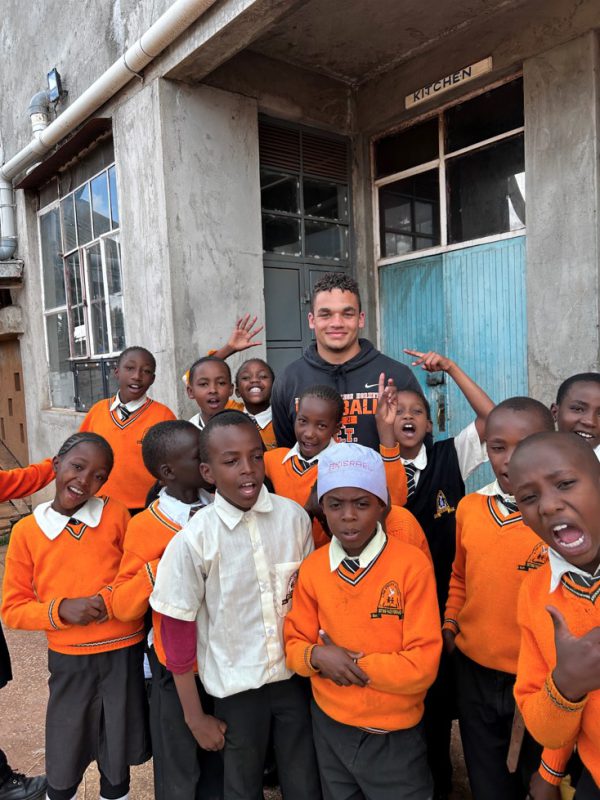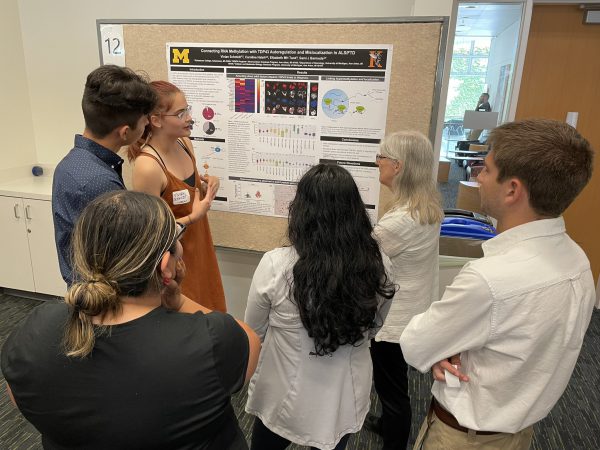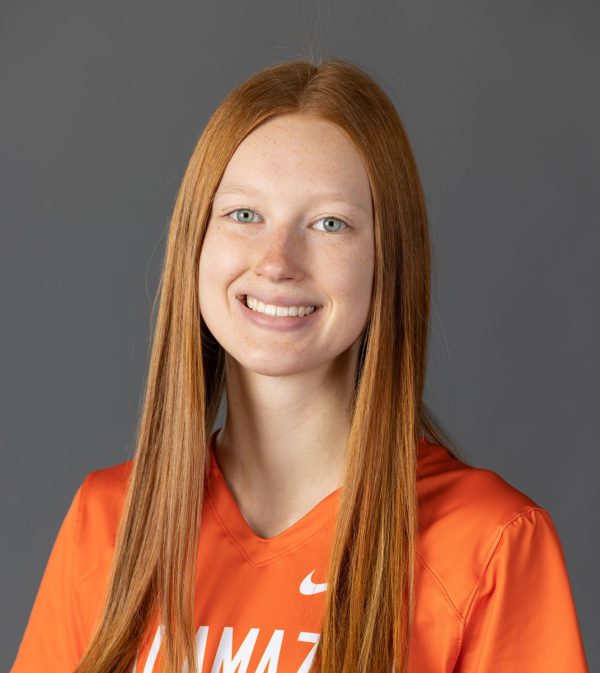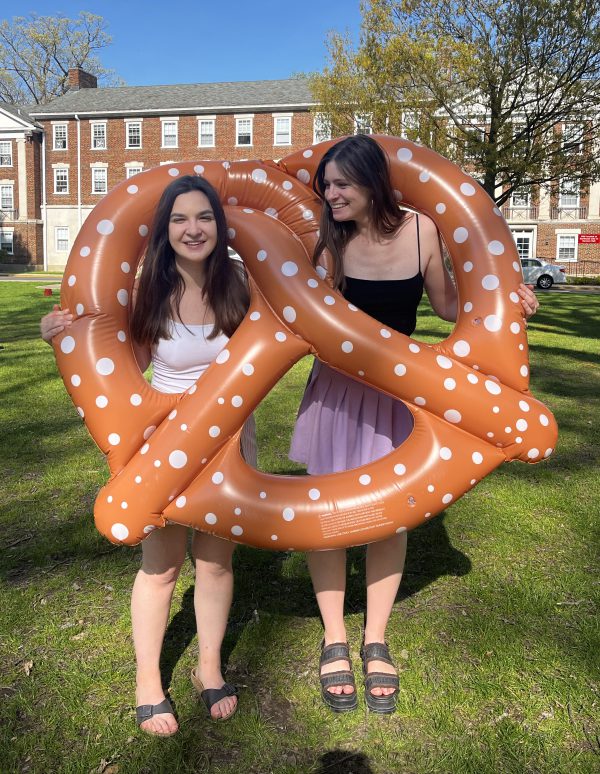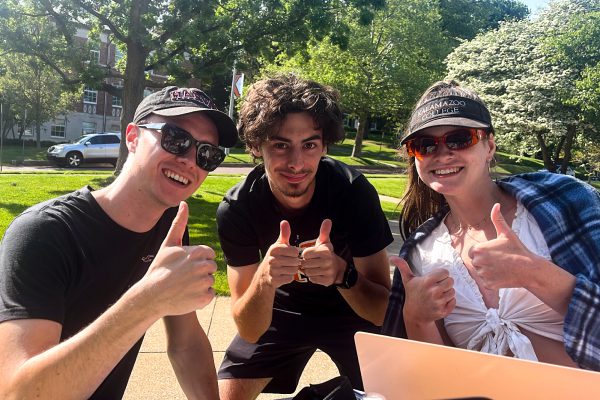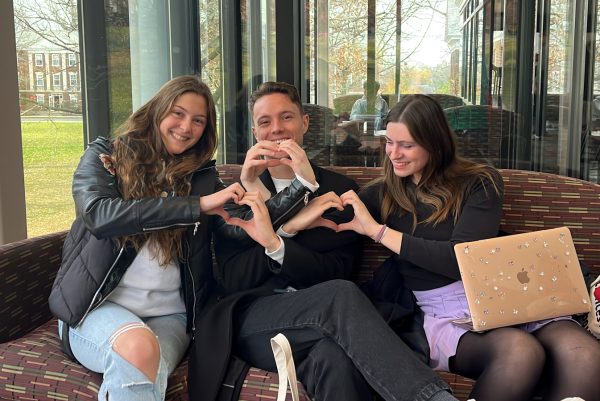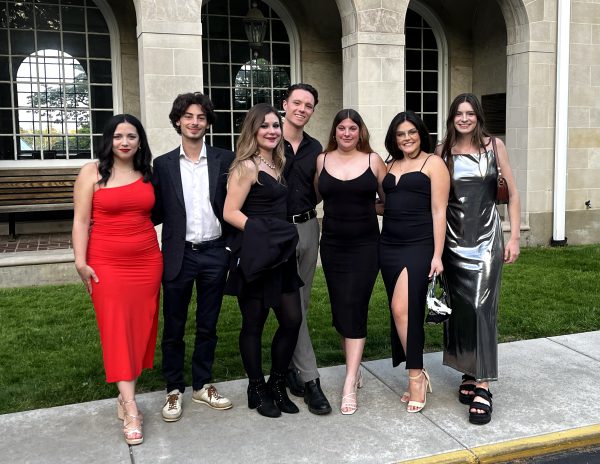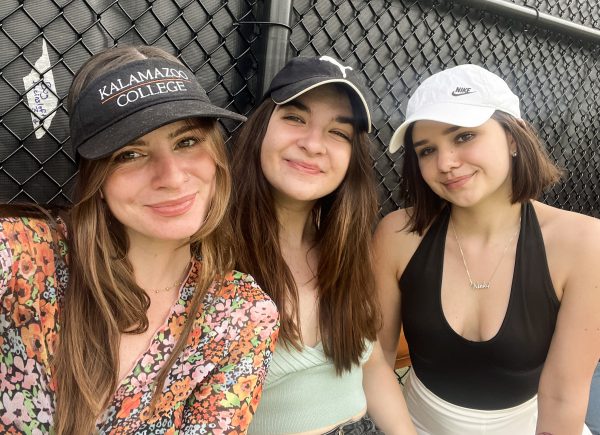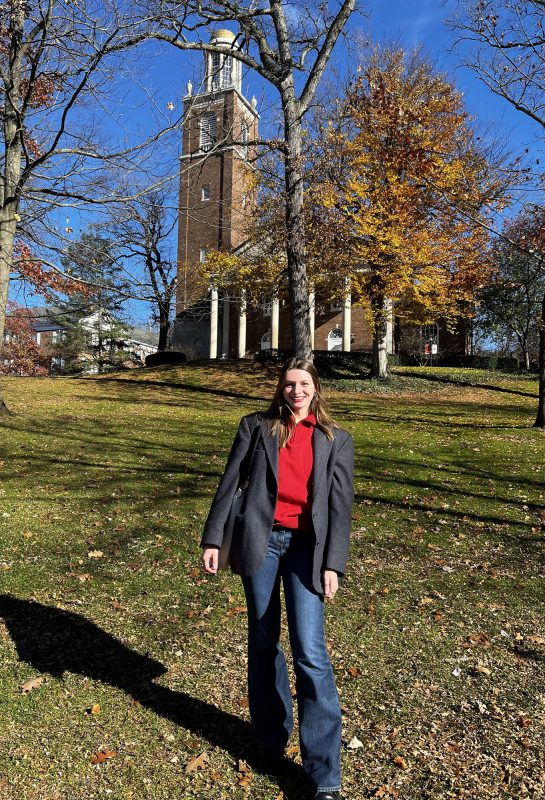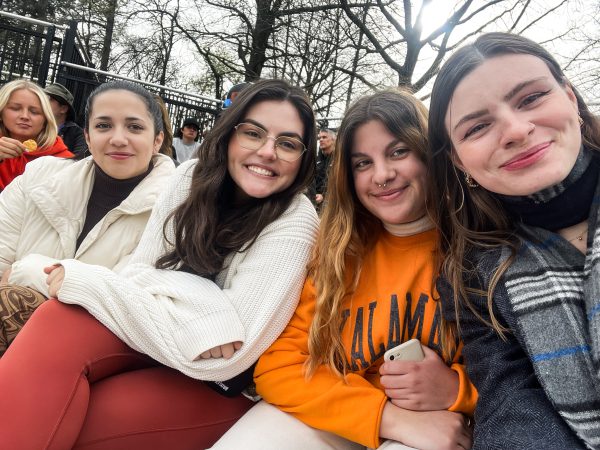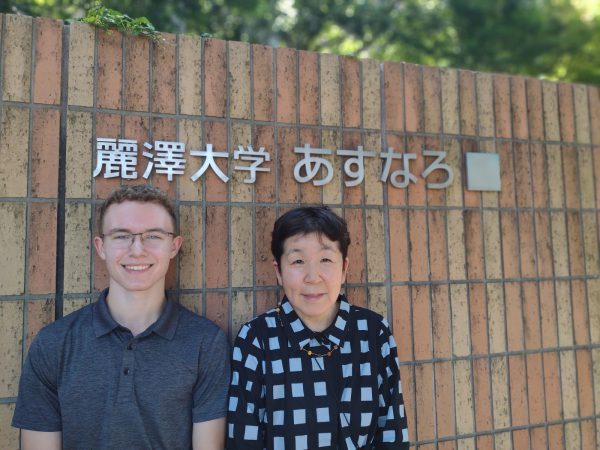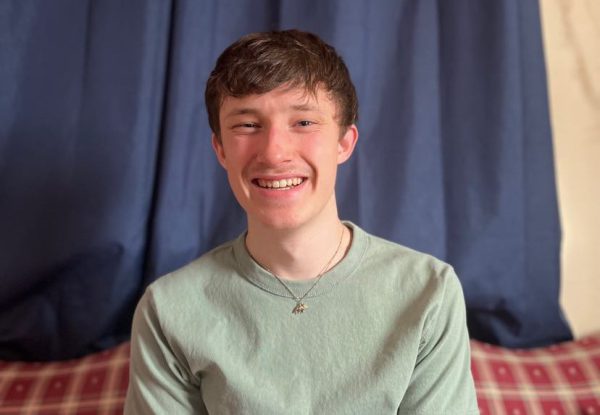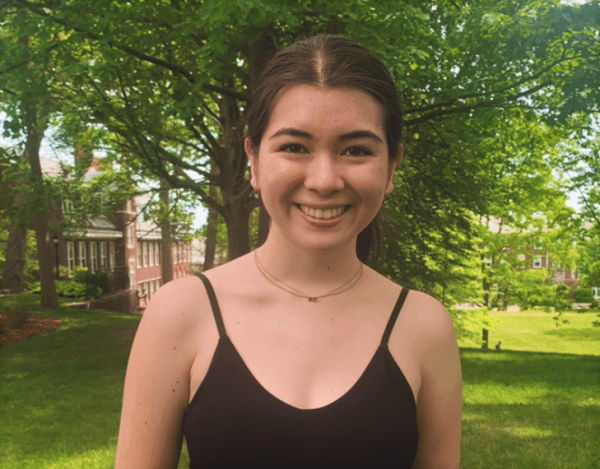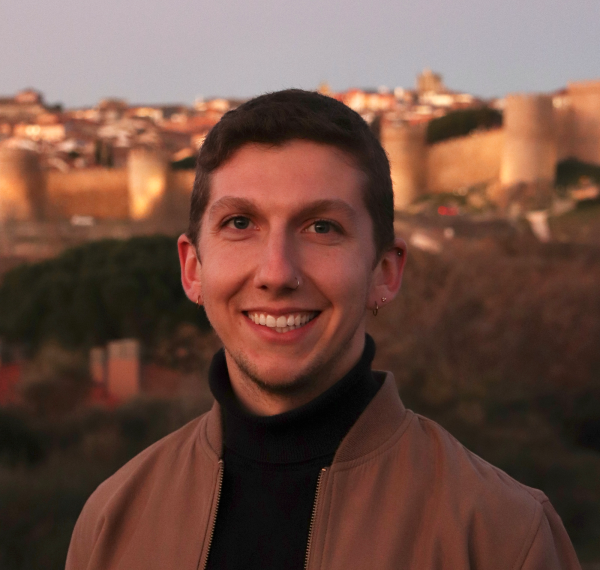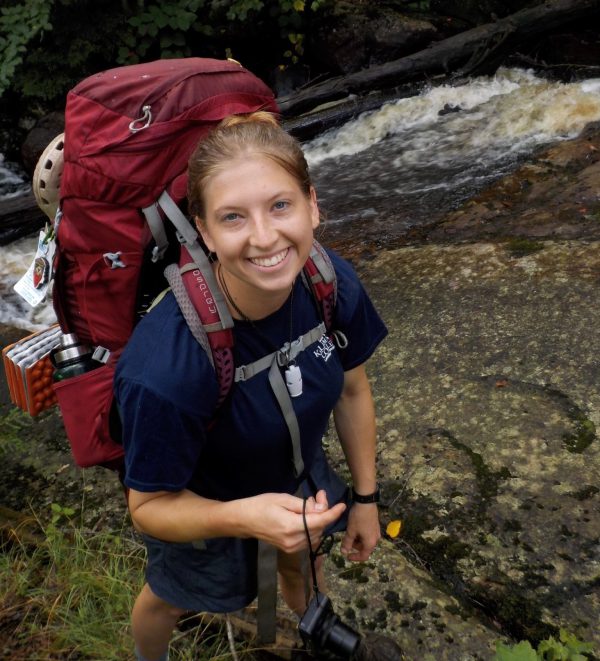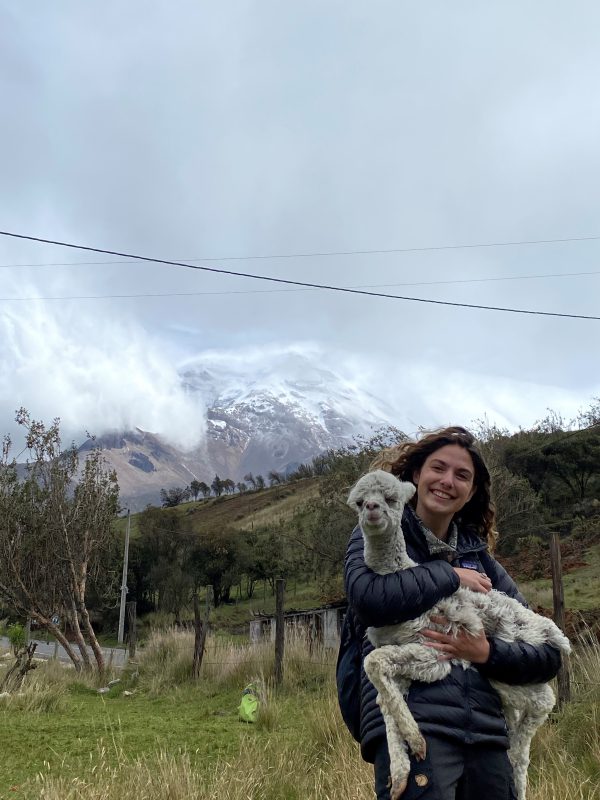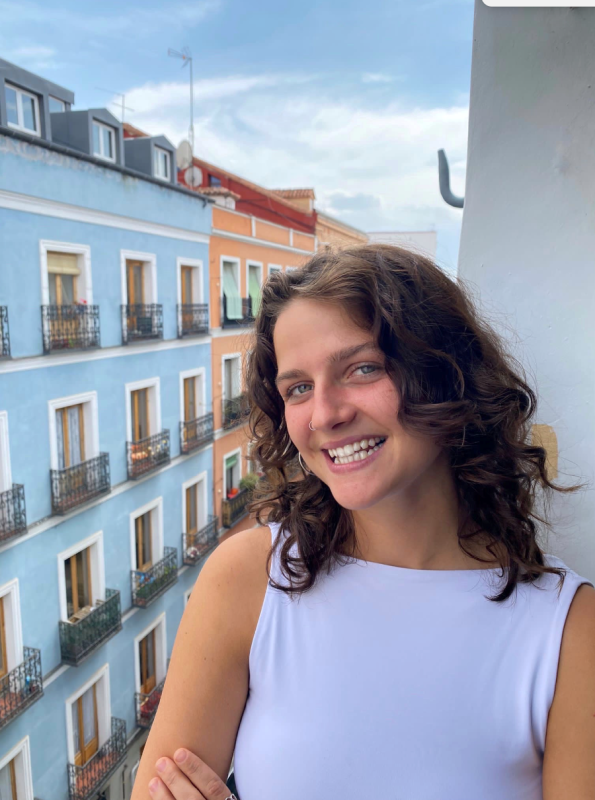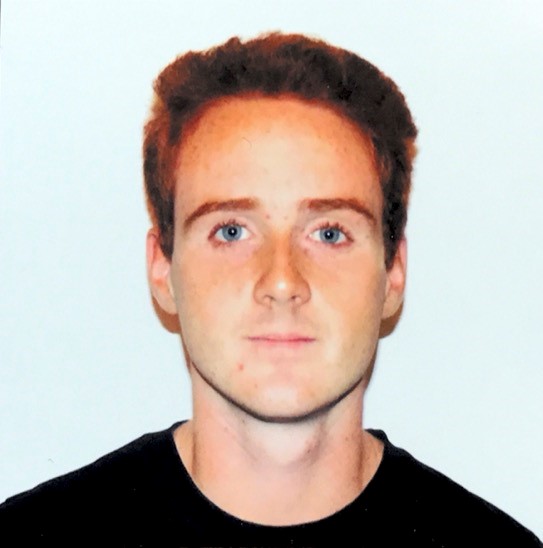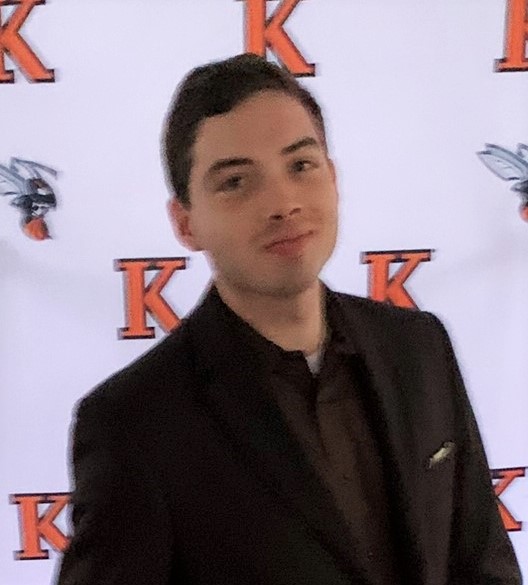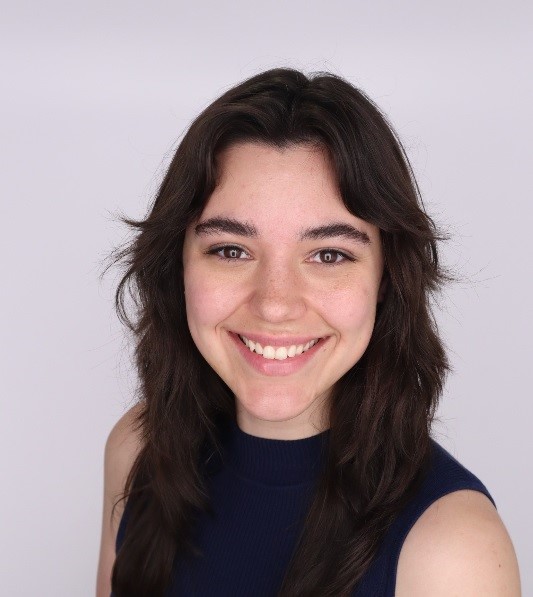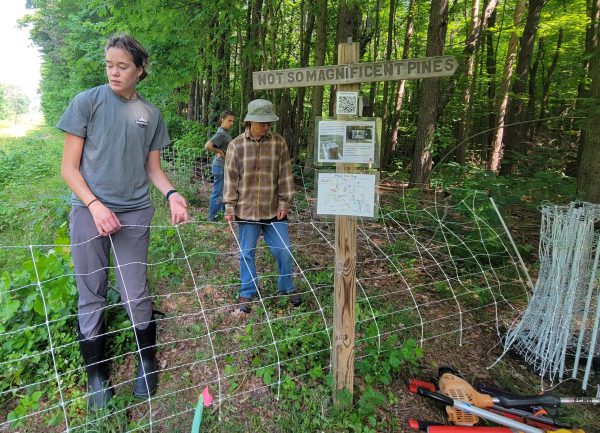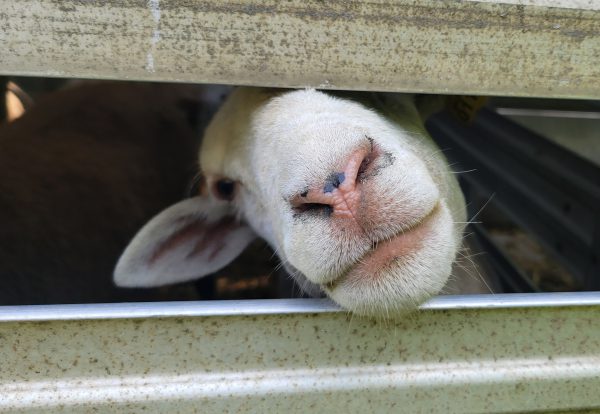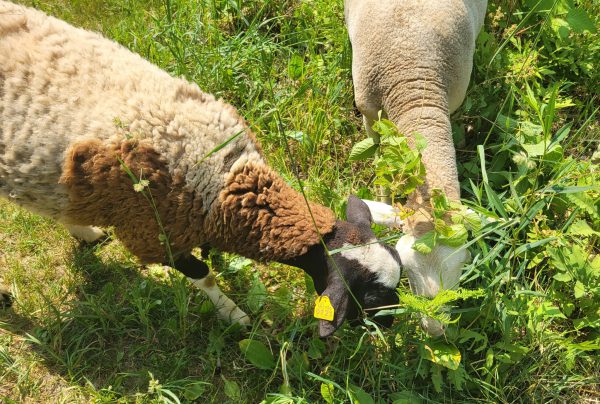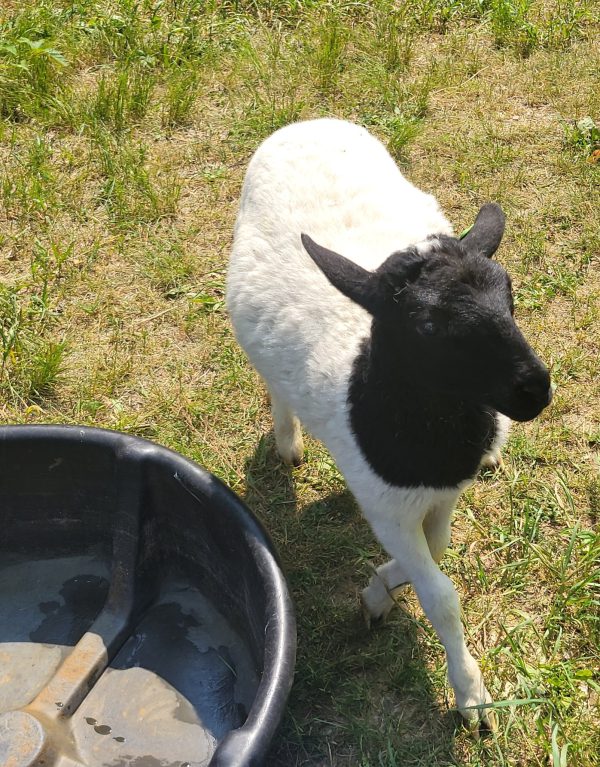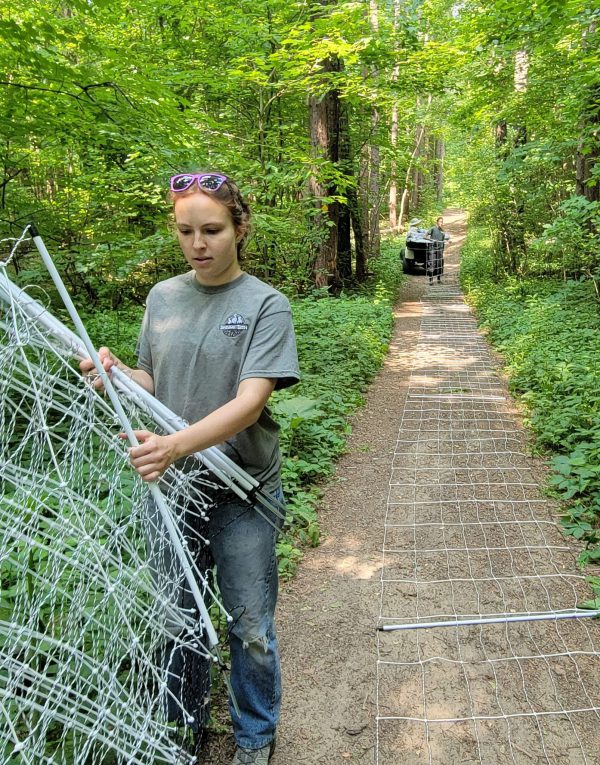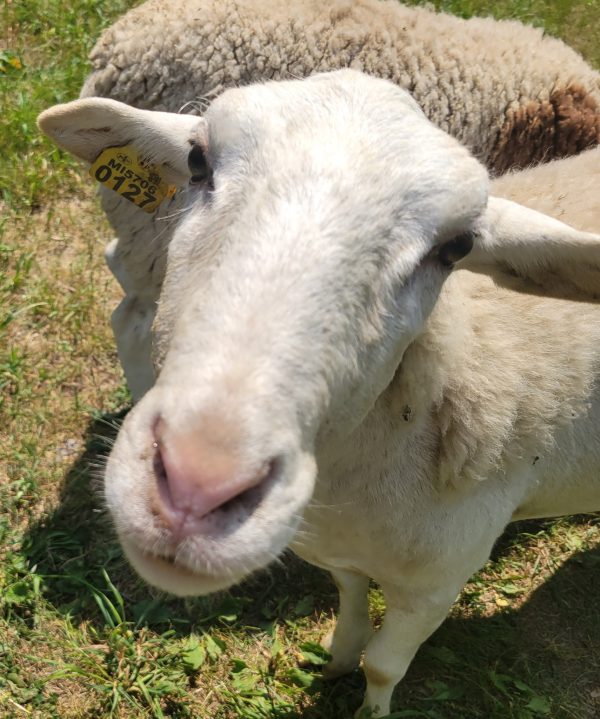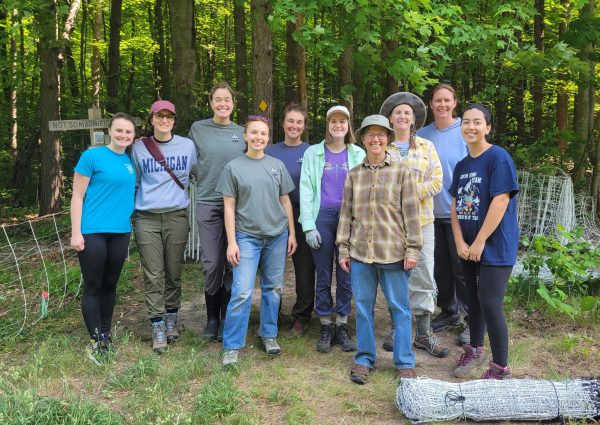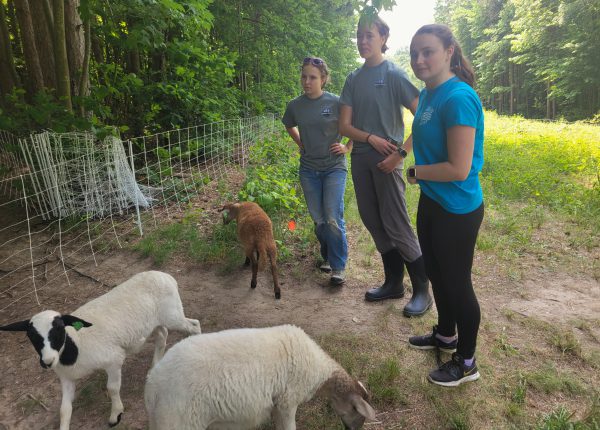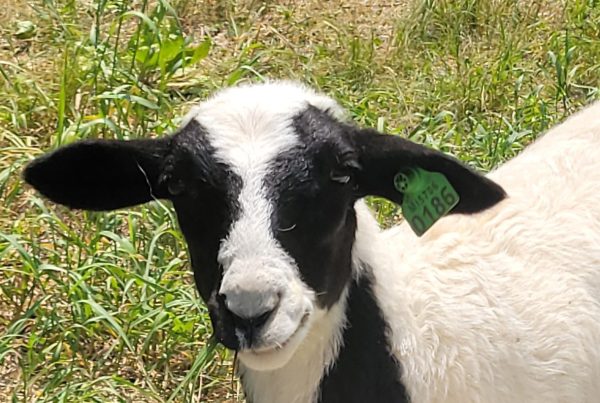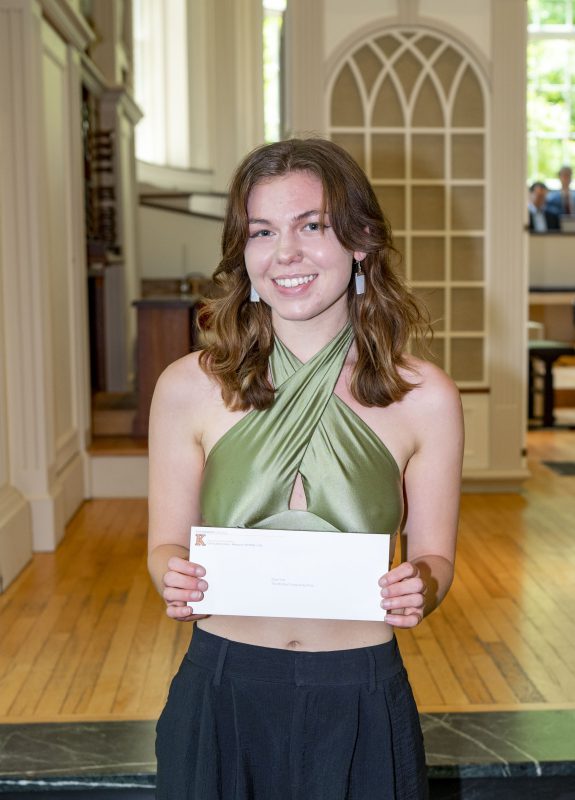A
Abbott, Shannon
Acord, Morgan
Adeniji, Christopher
Ahmed, Fuzail
Ajjarapu, Harsha
Akhavan Tafti, Shahriar
Akhtar, Hashim
Alkema, Maya
Alousi, Adnan
Amaya, Osman
Amini, Zahra
Amir, Darsalam
Andrews, Mia
Ankley, Michael
Anspach, Madison
Apolo, Ava
Armin, Alexandra
Armstrong, Lora
Austin, Clarke
B
Baas, Aidan
Bagchi, Tolkien
Bahena, Litzy
Baker, Lindsey
Baldwin, Baylor
Ballinger, Elizabeth
Barker, Evan
Barnes, Brianna
Bee, Annabel
Bell, Curtis
Bennett, Cassandra
Berg, Mitchell
Berg, Mitchell
Bernas, Eleanor
Beurkens, Jonah
Bigham, Willow
Black, Henry
Black, Katherine
Blackwood, Douglas
Boissoneault, Cara
Bollas, Hugo
Bolling, Trey
Boritzki, Sam
Bos, Daphne
Bougioukou, Eleni
Bowdle, Mabel
Bowen, Adelaide
Bowles-Swain, Jaylen
Boyse-Peacor, Yvette
Braunohler, Aerin
Bretzius, Lauren
Broadsword, Lukas
Brockington, Avery
Bronson, Eamon
Bryant, Chloe
Buck, Anna
Buist, Jaden
Bunnell, Leah
Burleigh, Donovan
Burr, Ian
Butters, Zachary
C
Cadenas, Amaia
Call, Natalie
Campbell, Kennedy
Campion, Eleanor
Cancro, Grace
Cannizzaro, Olivia
Carlson, Chloe
Carlson, John
Caulkins, Emma
Cayton, Christopher
Caza, Isabella
Chafetz, Alexandra
Chalk, Iris
Checkett, Josetta
Cheng, Emily
Cho, Yongwan
Christopher, Trustin
Chun, Noah
Clancy, Eva
Cleland, Lilly
Clingenpeel, Kai
Coleman, Sedona
Collins, Quinn
Cook, Rowan
Cooper, Kyle
Crampton, Violet
Crawley, Gavin
Cripe, Lucy
Crites, Mia
Cross, Isabella
Crossman, Lauren
Crowder Smith, Lilian
Cummins, Chase
Curcuru, Emma
D
Dailey, James
Dalecki, Emily
Damashek, Beatrix
Dang, Minh
Danielson, Erik
Dant, Jessica
Dave, Talia
Davis, Claire
Davis-Rodak, Emma
Deaner, Tali
Debburman, Shruti
Deer, Lillian
Deines, Carson
Dekker, Lille
DeNeen, Ethan
Depauli, Olivia
DeVilbiss, Laura
DeYoung, Devi
Diaz, Liam
Dillbeck, Michaela
Dimagno, Charles
Dodde, Caitlin
Dolorfino, Mallory
Dougherty, Rorie
Douma, Samuel
Dowell, Alexia
Doyle, Jordan
Drew, Ryan
Dubin, Alexander
Dudd, Emily
Duoibes, Katia
Durant, Hannah
E
Eggleston, Sally
Eisenbach, Carter
Ekwegh, Jayla
Elfring, Sara
Elias, Rebecca
Elliot, Elise
Emenyonu, Adaora
Ersher, Dean
Espinoza, Melanie
Essing, Justin
Evans, Gabrielle
Ewald, Caleb
Ewald, Sam
F
Fairbank, Olivia
Fannings, Jazmyne
Farhi, Claire
Faris, Ella
Farr, Brady
Farrey, Madalyn
Fathalla, Andreas
Filkins, Blake
Fischer, Ava
Fitzgerald, Julia
Fitzpatrick, Mabel
Fleming, Payton
Fleming, Sofia
Flink, Jordan
Formell, Kirsten
Foster, Parker
Fouque, Andre
Fraczkiewicz, Kinga
Francis, Caroline
Franco, Janna
Frazier, Grace
Frederiksen, Emma
Frisch, Hana
Fulton, William
G
Gacki, Dillon
Galler, Ethan
Garcia, Aliza
Garcia, Katie
Garcia, Valeria
Garden, Brynna
Gardner, Grey
Gatti, Roberta
Gee, Lyrica
Ghazal, Farah
Ghazal, Johanna
Girdhar, Vrinda
Gladhill, Samuel
Graff, Lukas
Greene, Donovan
Grelak, Lillian
Grinwis, Westin
Gross, Natalie
Groth, Madyson
Guasgua, Cristian
Guitar, Kendra
H
Haas, Marissa
Haas, Sophia
Haga, Yoichi
Hagaman, Sydney
Hahn, Emma
Haigh, Emily
Hang, Vien
Hanifan, Lucas
Hanifan, Ryan
Hankins, Alison
Hannibal, Geneva
Hanson, Garrett
Hanson, Luke
Hanulcik, Madeline
Harman, Rachel
Harris, Eleanor
Hartl, Sophie
Hauke, James
Hawkes, Isabelle
Hawkins, Beatrice
Hayashi, Jiniku
Haywood, Katherine
Heimbuch, Zachary
Hepler, McKenna
Herbst, Megan
Herold, Sophia
Hester, Maya
Heystek, Ella
Hieshetter, Sierra
Hoehle, Bijou
Hoffman, Jacob
Hokanson, Annika
Hole, Thomas
Hollander, Madeline
Holt, Julia
Honda, Ronin
Horman, Cole
Horsfield, Joseph
Horton, Molly
Horvath, Charles
Houle, Tyler
Houtkooper, Gavin
Hubert, Jakob
Hughes, Samuel
Hultberg, Alek
Hume, Michael
Hunt, Devin
Hurley, Ian
Hurley, Madelaine
Hybels, Megan
I
Ibarra, Emiliano
Iereneo, Jalen
Isacksen, Daniel
J
Jackson, Gloria
Jacobo, Angela
James, Tristan
Jennings, Mya
Jesko, John
Jha, Deepa
Jiang, Hao
Jiang, Jonathan
Johnson, Amelia
Johnson, Anne Catherine
Johnson, Cloe
Johnson, Ryan
Joos, Maxwell
Jurkovic, Nicklaus
K
Kanegawa, Kiana
Kaplan, Jessica
Karesh, Judah
Karubas, Timothy
Kehoe, Lillian
Keith, Ben
Keller, Will
Kelly, Emilia
Kelly, Meaghan
Khaba, Mphumelelo
Khan, Mahum
Kiesling, Hunter
Killmaster, Meghan
Kim, Brandon
Kim, Hyunwoo
Kim, Joshua
Kim, Vivian
Kimball, Si Yun
Kimbouris, Soussana
Kindle, Lily
King, Anwen
Kipfmueller, Rylie
Kirchgessner, Isabella
Kischer, Claire
Kish, Alexander
Kleiner, Noah
Klemm, Lena
Klenke, Mart
Kloosterman, Steven
Klos, Claudia
Koellmann, Rhys
Kohl, Molly
Kondoff, Melody
Koos, Maxine
Koryto, Cole
Koshmider, Toni
Kovac, Marissa
Kovacevic, Emma
Kowalski, Jaden
Kraemer, Katherine
Kraft, Christian
Kramer, Rachel
Kravitz, Jordyn
Kreibich, Molly
Krupka, Nikolas
Kuch, Celia
Kuchta, Laryn
Kuras, Elisabeth
L
LaFramboise, Margaret
Lajiness, Sophia
Lancaster, Onora
Laser, Olivia
Lawrence, Annmarie
Lawson, Madeleine
Le, Lam Phuong
Leahey, Grace
Leblanc, Xander
Ledesma, Angel
Leisher, Ilem
Lekan, Margaret
Lemus, Alejandra
Lenzini, Sydney
Lester, Ginamarie
Lichtenberg, Thomas
Lignell, Celine
Linnertz, Cassandra
Lis, Sydney
Lizardo-Rodriguez, Luis
Logsdon, Kelsey
Loncharte, Ava
London, Meghan
Lovins, Madeline
Lucas, Teresa
Lucking, Nicholas
Lynett, Jacob
M
Major, Samantha
Maki, Natalie
Mallon, Andrew
Mares-Castro, Lesly
Marshall, Lauren
Martel, William
Martin, Isabel
Martinez, Allan
Martinez, Denise
Martinez, Michelle
Martinez, Molly
Martini-Zeller, Gracen
Masterson, Hollis
Matsuzaki, Kanase
Matta, Virginia
Matuszak, Nicholas
Maurer, Eliza
Maurice, Benjamin
Maylath-Bryant, Trevor
McCall, Claire
McGarry, Megan
McGrath, Molly
McGreevy, Leo
McKee, Regan
McLean, Joseph
McManus, Kira
McNutt, Amy
Merchant, Sophia
Mercurio, Maximus
Meston, Rachel
Metro-Roland, Eva
Meyers, Allison
Meyers, Gabriel
Miller, Brittany
Miller, Ella
Mirza, Ameera
Moat, Brenden
Moghrabi, Lina
Molchagin, Aleksandr
Molho, Rachel
Moore, Brooklyn
Moore, Mackenzie
Morison, Martin
Mortensen, Wyatt
Moss, Madeline
Moss, Samantha
Motan, Arein
Moxon, Lorelei
Moyo, Phumuzile
Mueller, Matthew
Muenzenmaier, Elizabeth
Muenzenmaier, Mary Ellen
Mulder, Ezekiel
Mullins, Claire
Munger, Andrew
Myoung, Chaeyoun
N
Nagel-Bennett, Elias
Nam, Alex
Naskovski, Blagoja
Nathwani, Maya
Navarro, Karla
Nedd, Lindsey
Negrete, Justin
Neihsl, Ryan
Nelson, Abigail
Nelson, Matthew
Nesbitt, Alexis
Nestle, Elizabeth
Newland, Robert
Newlove, Emma
Nguyen, Nguyen
Nguyen, Vinh
Niemann, Theodore
Nordmoe, Malin
Novotny, Maeve
Nuechterlein, Terry
O
O’Donnell, Richard
Oeschger, Ileana
Ohren-Hoeft, Jeremiah
Olivier, Gabriel
Olsen, Alexander
Olson, Emma
Orosan-Weine, Gabe
Orozco, Eliana
Ortega, Fatima
P
Paddock, Chelsea
Parks-Church, Eleanor
Paternoster, Eric
Payment, Zachary
Pellegrini, Mia
Pellegrom, Isabella
Peot, Kaitlin
Perry, Margaret
Peter, Addison
Petty, Alexis
Phillips, Mary
Pichal, Shelya
Pickell, Sydney
Pickrel, Benjamin
Pierce, Mia
Pimentel, Isabella
Plesscher, William
Pollard, Elaine
Pollens-Voigt, Evan
Prentice, Noah
Pulliam, Elena
Putman, Bea
Pyle, Noah
Q
Quail, Emma
Quesada, Alex
Quirk, Matthew
R
Rachiele, Elizabeth
Ragan, Elle
Rajendra-Nicolucci, Savera
Rambo, Julia
Ramillano, Alyson
Randel, Ali
Rasmussen, Sadye
Rasmussen, Spencer
Rawlings, Abby
Ray, Clarice
Rayens, Hunter
Reathaford, Sara
Reinaux Silva Oliveira, Laura
Reyes, Isabel
Reyes, Zoe
Reynolds, Keegan
Reynoso, Lissette
Rhames, Maxwell
Richter, Mya
Robelo, Milagros
Robertson, Jacob
Robertson, Xochitl
Rock, Katherine
Rogers, Skyler
Roncone, Olivia
Rop, Luke
Rosas, Yaneth
Rosema, Clay
Rosenbaum, Alec
Roth, Brigid
Routt, Eli
Rowland, Sofia
Rowland, Tabitha
Rucker, Marcus
Ruiter, Charlotte
Rulich, Nathaniel
Russell, Elliot
S
Saalberg, Benjamin
Sajan, Sophia
Salamun, Greta
Salgado, Sydney
Sanchez-Alvarado, Hannia
Santos, Leslie
Saxton, Maxwell
Schaffer, Fiona
Schinker, Leo
Schlotterer, Sophia
Schmidt, Allison
Schmidt, Vivian
Schrader, Harper
Schroeder, Madeline
Schulz, Audrey
Schurman, Hannah
Scott, Mae
Seid, Thea
Shaffer, Brendon
Shapiro, Isabella
Shaw, William
Shearer, Morgan
Shelton, Steven
Shiel, Elijah
Short, Cassidy
Shumunov, Joseph
Sidor, Emma
Sikora, Lucas
Silber, Elizabeth
Simmons, Zachary
Sjogren, Kiersten
Skinner, Colby
Skoug, Meganne
Smith, Ping
Snyder, Grace
Soares, Anoushka
Sokacz, Allison
Sokol, Gabriel
Somsel, Erin
Spates, Jonah
Spitler, Maxwell
Spooner, Ella
Stack, Camran
Stevenson, Eleanor
Stevison, Molly
Stickley, Emma
Stickley, Lily
Stolberg, Alex
Stoy, Helen
Streeter, Donovan
Stump, Abbygale
Subba, Senchen
Summerfield, Hannah
Sweeney, Keegan
Sysol, Brandon
T
Ta, Chau
Talarico, Madison
Tallio, Claire
Taylor, Claire
Tessin, Olivia
Thakali, Suja
Thomas, Levi
Thomas, William
Thu Le, Minh
Thurmond-Oliver, Jayden
Tocco, William
Tolman, Alexander
Topf, Simon
Torres, Luke
Torzewski, Jakob
Treyger, Danielle
Tuchenhagen, Hanna
Tun, May
Turnage, Francesca
Turner, Aija
U
Ulanoski, Hannah
Unger-Branson, Gabrielle
Uphoff, Tristan
V
Valdes, Alexis
Vande Pol, Samantha
Vander Lugt, Hannah
VanGalder, Cameron
VanGalder, Mitchel
Varitek, Anna
VarnHagen, Ella
Velasco Navarro, Lorena
Vidinas, Gabriel
Vincent, Laila
Vrieland, Jessalyn
W
Wade, Joseph
Wagle, Ava
Wagner, Gabin
Walczak, Megan
Waldron, Elle
Walker, Andre
Walters, Rosesandy
Walther, Madison
Wasmer, McKenna
Weber, Jadon
Weber, Riley
Wedge, Margaret
Wendel, Emmeline
Wennen, Elias
Wesselhoff, Emerson
Westra, Tate
Wickey, Dylan
Williams, Ava
Williams, Carson
Williams, Tariq
Willits, Jackson
Wilson, Joshua
Wilson, Siona
Wilson, Zoe
Winer, Ruby
Wolfe, Laurel
Wonacott, Alexa
Woods, Reagan
Wright, Maximilian
X
Xiang, Lingrui
Y
Yazbeck, Tony
Yost, Elyse
Youngman, Mikayla
Yousif, Hillary
Z
Zabaldo, Kathryn
Zang, Maddie
Zeller, Jacob
Zhuang, Sophie
Zito, Ariana
Zona, Nathaniel
Zorn, Margaret
